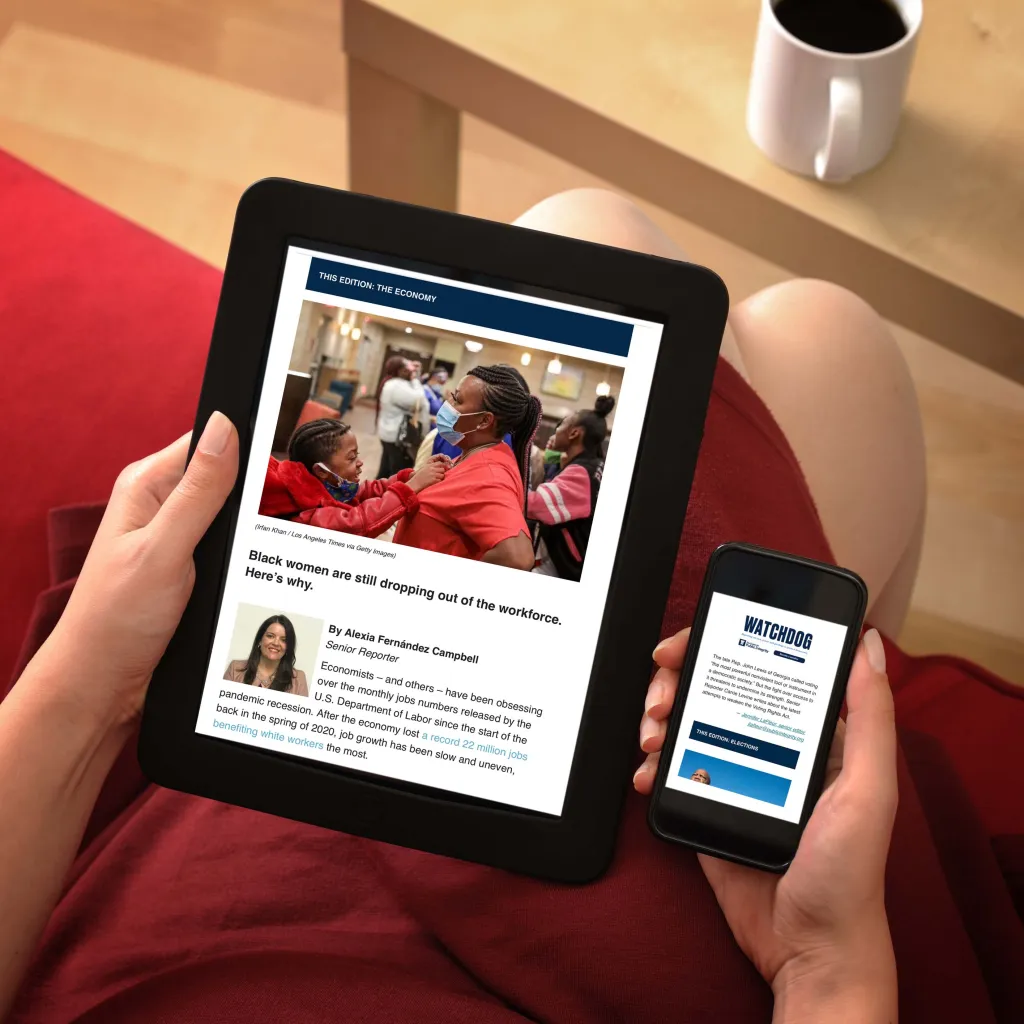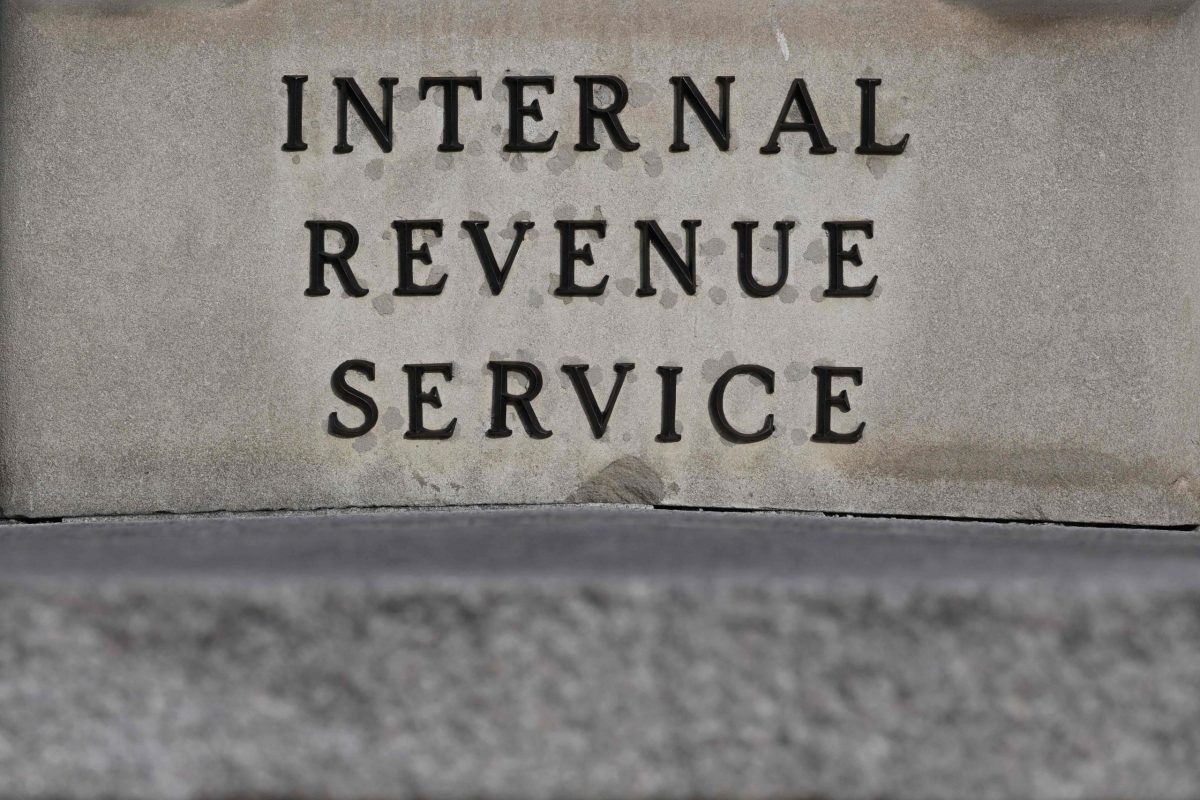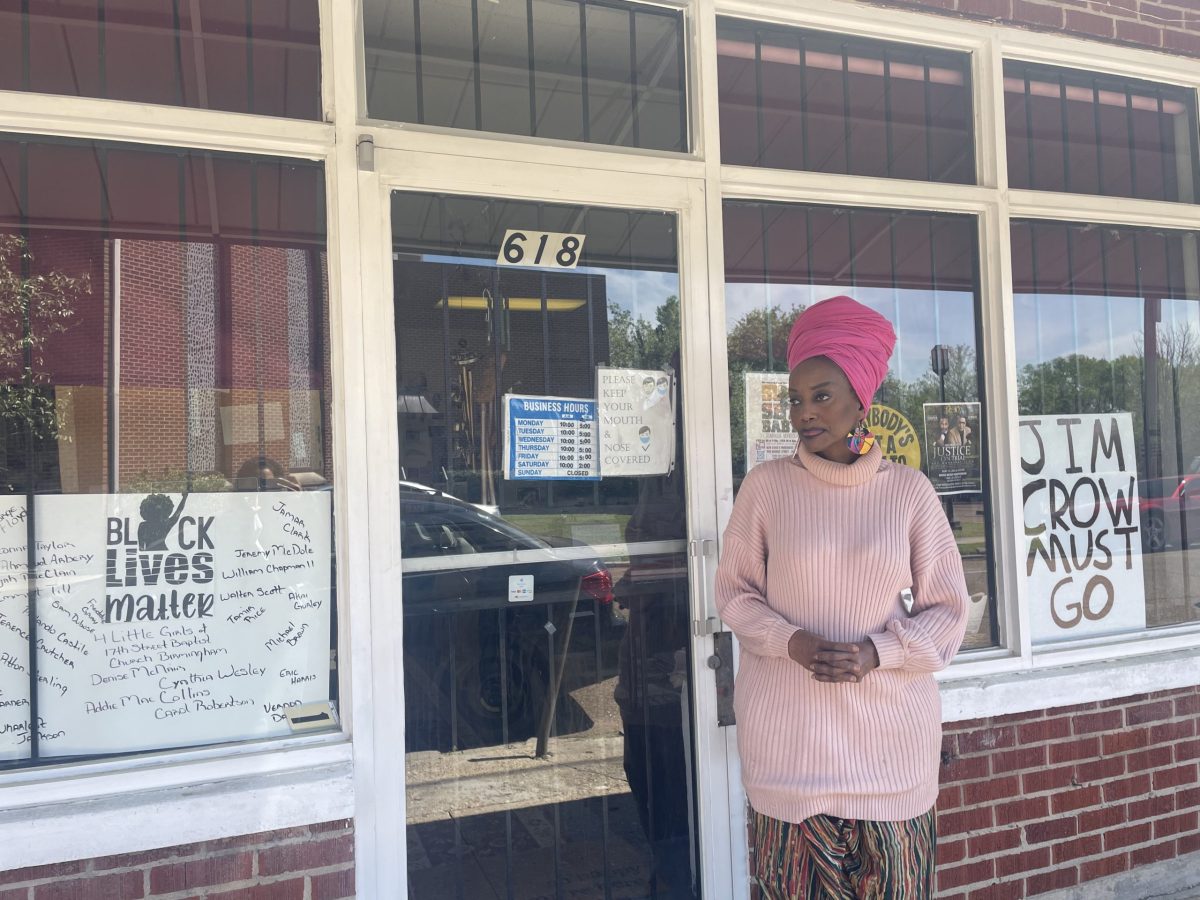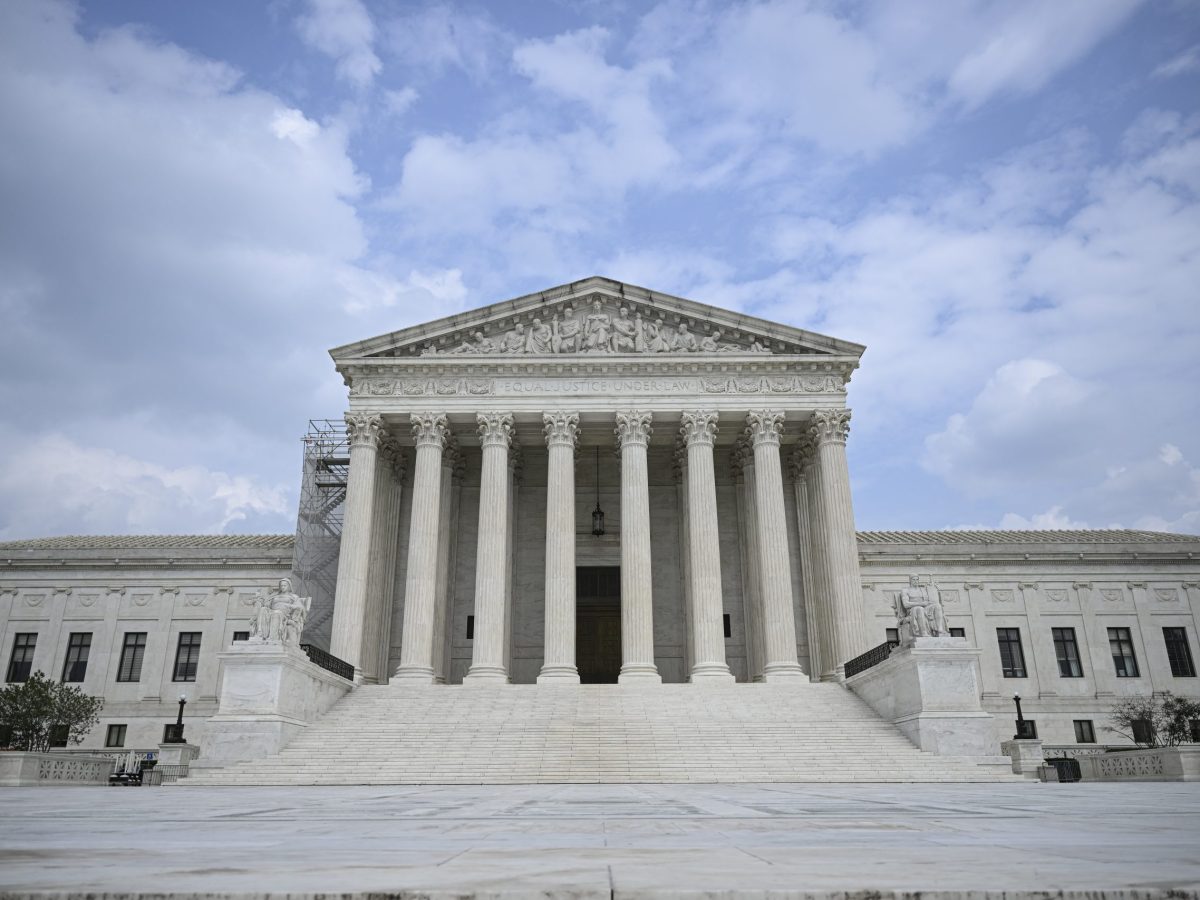The 118th Congress that convened this month marked the end of one-party control of the federal government. The Democrat-controlled Senate and Republican-majority House will determine the landscape of tax policy for the next two years, with any action or inaction rippling for generations to come.
In one of its first votes of the session, the House approved a bill that would make it easier for wealthy people and corporations to evade tax laws, said Amy Hanauer, executive director of the Institute on Taxation and Economic Policy.

The “Family and Small Business Taxpayer Protection Act” would, among other things, rescind $45.6 billion in funding to enforce the tax code for businesses or households making over $400,000. The Inflation Reduction Act that passed last year granted nearly $80 billion in funding to bolster taxpayer services, auditing, operations and the modernization of the troubled Internal Revenue Service.
“We have seen a decade of decline in IRS staffing and a decline in funding that left the agency unable to enforce the tax code, particularly for the wealthiest tax evaders whose returns tend to be more complex,” Hanauer said. She believes the bill is unlikely to pass the Democratic-controlled Senate, and President Joe Biden vowed to veto it if it reaches his desk.
A more robust tax auditing team in the IRS is needed now more than ever, tax equity advocates say. Nearly a quarter of the IRS’s enforcement budget was slashed from 2010 to 2021, after adjusting for inflation, according to a Center on Budget and Policy Priorities analysis. Over the same period, the number of revenue agents who audit tax returns declined by 40% — from 14,000 to 8,321.
That change has benefited wealthy people, according to a recent report from Syracuse University’s Transactional Records Access Clearinghouse. The number of IRS audits of millionaires fell more than 70% from 2012 to 2020.
Meanwhile, low-income workers who claimed the earned income tax credit were audited at over five times the rate of everyone else last fiscal year, the report found.
Fewer audits of wealthy people means less revenue for public spending. The IRS recently estimated a $496 billion gap between taxes owed and collected from 2014 to 2016.
That problem paired with federal tax cuts aimed at the rich in the last four decades has helped fuel America’s fast-growing income gap, the Center for Public Integrity reported in November. Even so, state and local tax systems are comparatively worse as a whole because the residents paying the highest share of their income in taxes make the least money, according to a calculation by the Institute on Taxation and Economic Policy.
That’s in large part because of sales taxes. Another new bill from House Republicans would switch the federal system to rely on that type of tax.
The Fair Tax Act, introduced in January, would eliminate payroll, estate, gift and income taxes and instead impose a national sales tax at 23% in 2025. Opponents say the tax would be closer to 30%.
“This would be incredibly regressive, and its implications would end up really raising taxes on low- and middle-income families, while cutting taxes for the wealthiest people,” Hanauer said. It also would eliminate the Child Tax Credit, which helps tens of millions of low-income families.
A 2005 advisory tax reform panel established by then President George W. Bush advised against the creation of a national sales tax. At the time, the U.S. Department of Treasury estimated that total federal taxes would more than double for a family making $40,000, while taxes would drop 19% for a family earning $300,000.
Additionally, the House approved a rule that will increase the share of votes required to raise income taxes, while another rule would require increases in spending for programs such as Social Security, unemployment compensation and Medicare to be offset by cuts to similar programs, without an increase in taxes.
All of that would exacerbate the nation’s wealth gap, Hanauer warned.
“There are so many things that we fail to provide in any universal way in this country that we should not be wanting to move backwards as the new Republican Congress wants to do,” she said. Higher taxes on very high levels of wealth could help pay for universal healthcare or more affordable childcare and college, she added.

Extreme wealth is globally on the rise. A recent report released by international anti-poverty charity Oxfam found that billionaire fortunes are increasing by $2.7 billion a day throughout the world.
“We’re in a situation where, for over 40 years, the ultra, ultra rich and big corporations have been incredibly successful at writing the rules of our economy in their favor,” said Nabil Ahmed, Oxfam America’s director of economic justice.
“We have to tell a very different kind of story for our economy, one that brings us closer together, that invests in our children and that meets people’s rights,” he added.
States trying a different tack on taxes
Some states are taking matters into their own hands by offering refundable tax credits or revising their tax systems to make them more equitable, Hanauer said. For instance, Washington passed a 7% capital gains tax for profits over $250,000 on assets such as stocks and bonds, with revenue from the tax going toward childcare. The state’s Department of Revenue will continue to collect the tax while it is in litigation.
Last week, legislators in eight states — Connecticut, California, Illinois, New York, Maryland, Washington, Minnesota and Hawaii — introduced bills or announced plans to increase taxes on the wealthy.
In Massachusetts last fall, voters approved a 9% income tax for millionaires — higher than the state’s 5% flat tax — with revenue going toward bridges, roads, public education and public transportation.

The levy came as the public transit network struggles with a large deficit and over 600 bridges across the state are deteriorating and in need of repair, said Phineas Baxandall, policy director of nonprofit think tank Massachusetts Budget and Policy Center.
“The schools that need the most help tend to be in low-income districts, and low-income people can suffer the most from poor transportation, especially if they don’t have the flexibility to work at home,” Baxandall said.
It took nearly 10 years of advocacy efforts to pass the surtax on Massachusetts’ 26,200 millionaire households. The state constitution was amended to allow it.
Baxandall sees Massachusetts as a potential model for other states. “Especially with a split Congress, states can’t wait for the feds to be their knight in shining armor,” he said. “They need to take action themselves.”







